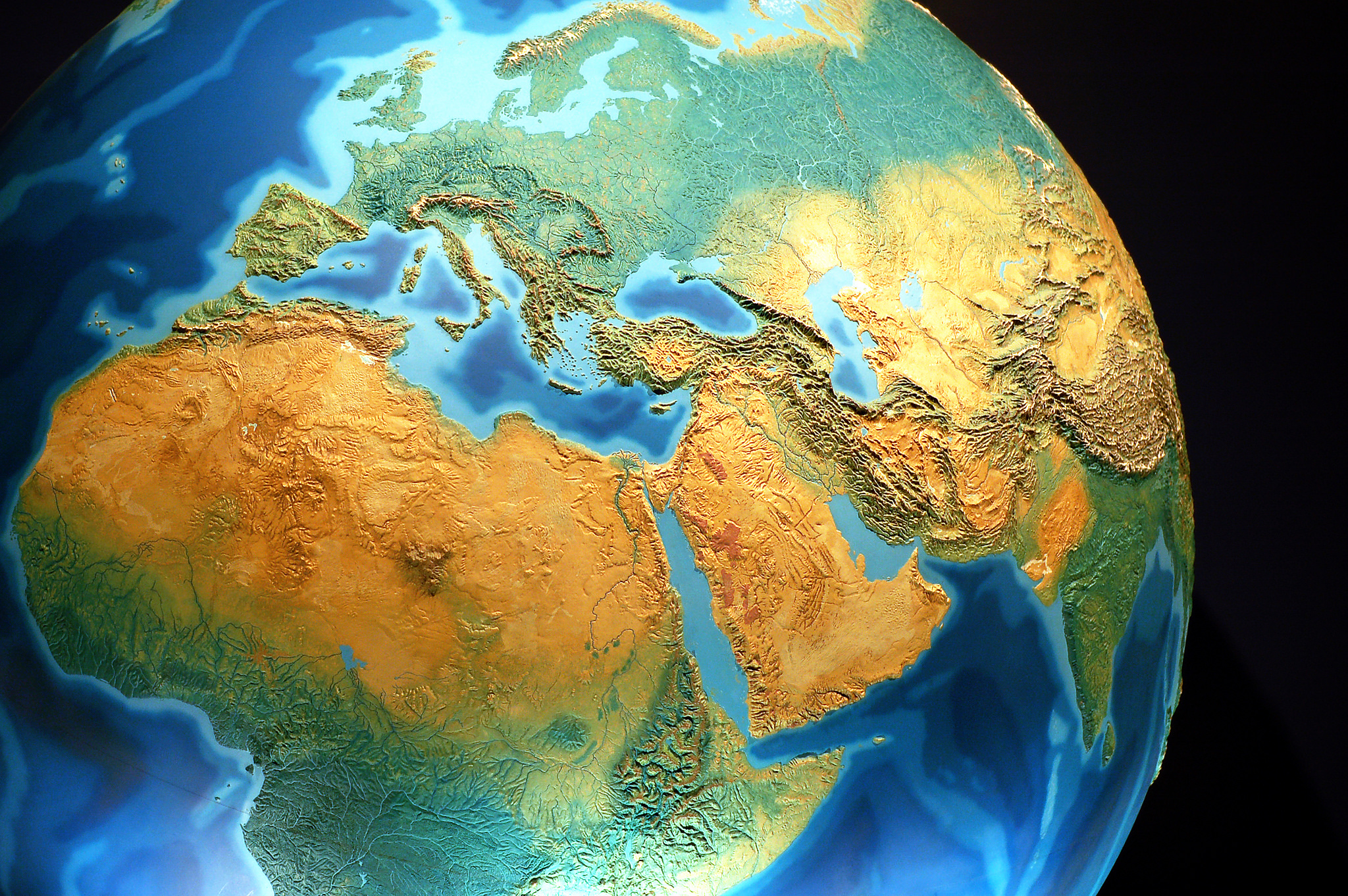by Kenton Moody, WCIU PhD student
“To be honest, I think all of us are a little afraid,” said one of the pastors who had come to discuss the establishment of a transition house for gang members wanting to leave the gangs. A circle of Evangelical leaders sat around the table looking defeated and puzzled at the same time. “We’re here because we want to do something and don’t know what to do,” said another, “Fear has all of us paralyzed!”
The pastor could’ve been speaking for the large majority of the Salvadoran population. Fear is part of life in El Salvador, one of the most dangerous countries in the world.
Like many Latin American countries, El Salvador’s history is rife with violence, dictatorships, coups, war, and economic instability. The country won its independence from Spain in 1821 and unsuccessfully tried uniting with neighboring countries to form a larger Central American union. With such a small land mass, El Salvador survived by single crop economies—first indigo and then coffee. Fourteen families, who were known as the oligarchy, controlled the politics and economy for most of the 20th and 21st centuries and still are part of the controlling political parties today (Boland 2001).
Read More
